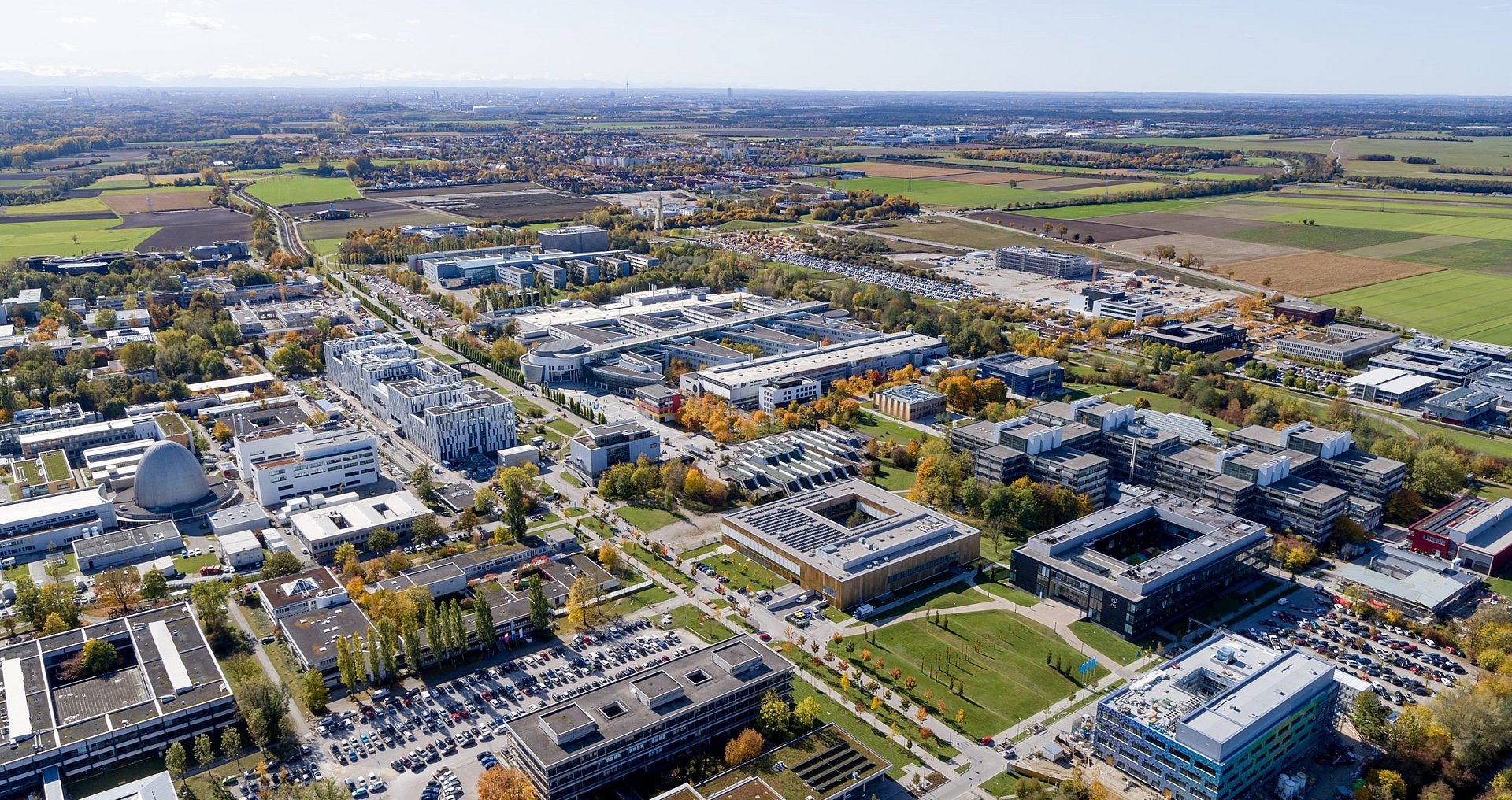Open House Campus Garching October 3
Discover and try things out: We have invited you to experience research up close for a whole day.

At the Garching research campus, visitors were invited to experience science in lectures, hands-on activities, guided tours and much more. Whether young or old, there were numerous activities for every one on this day: students, staff and external guests. In addition to TUM, many other research institutions such as the Max Planck and Fraunhofer Institutes took part in the day of action.
At a glance
- Date: 10/3/2024
- Time: 10 a.m. - 5 p.m.
- Location: Garching Research Campus
- Interactive map and room finder: NavigaTUM
Address and directions
- Underground: Garching-Forschungszentrum
- Bus: Ludwig-Prandtl-Str.; Boltzmannstr.; Garching-Forschungszentrum; Technische Universität; MVV timetable information
- Car: A9, exit Garching-Nord
Program highlights
- Extensive lecture program from various institutions, including the TUM School of Natural Sciences and the TUM School of Computation, Information and Technology.
- Science Slam: Discover. Verify. Slam.
- Music program: including the TUM Dixieland Combo (Mechanical Engineering corridor), Campus Choir Garching (Mathematics and Computer Science corridor and Mechanical Engineering corridor)
- Visitors were invited to discover numerous facilities on a guided tour, including the Heinz Maier-Leibnitz Research Neutron Source (FRM II) and the ZEITlab.
Participating institutes
Around 25 research institutions took part in the open house. Here you can see a selection of our university’s participating institutes.
- School of Computation, Information and Technology (CIT): The CIT combines expertise in mathematics, computer science, electrical engineering and information technology to shape the digital transformation.
-
School of Engineering and Design (ED): The ED unites technical-functional and design expertise in the engineering sciences in order to develop creative solutions for a future worth living.
-
TUM School of Natural Sciences (NAT): The NAT conducts scientific research in physics, chemistry and biosciences in order to understand the foundations of our existence and to shape the world.
- Munich Institute of Biomedical Engineering (MIBE): At MIBE, researchers specializing in medicine, the natural sciences, and engineering join forces to develop new methods for preventing, diagnosing or treating diseases.
Program of the MIBE (in German)
-
Munich Data Science Institute (MDSI): The MDSI conducts research on mathematical and computer science questions of data analysis and develops new theories and methods of machine learning and artificial intelligence.
-
Forschungs-Neutronenquelle Heinz Maier-Leibnitz (FRM II): The FRM II is one of the most powerful and modern neutron sources in the world. The neutrons generated here are used in research, medicine and industry.
- e-conversion: Fundamentals of energy conversion processes: The cluster „e-conversion“ is exploring the underlying processes in the conversion of renewable energies, e.g. in photovoltaics, photocatalysis and batteries.
- MCQST - Munich Center for Quantum Science and Technology: The MCQST is examining the scientific basis for complex quantum systems and establishing the technological foundation of quantum technology.
- ORIGINS: From the origin of the universe to the first building blocks of life: The cluster „ORIGINS“ is conducting research into the evolution of the universe from the Big Bang to the origin of life.
- SyNergy - Munich Cluster for Systems Neurology: The cluster „SyNergy“ is studying how complex neurological diseases such as multiple sclerosis or Alzheimer’s originate.